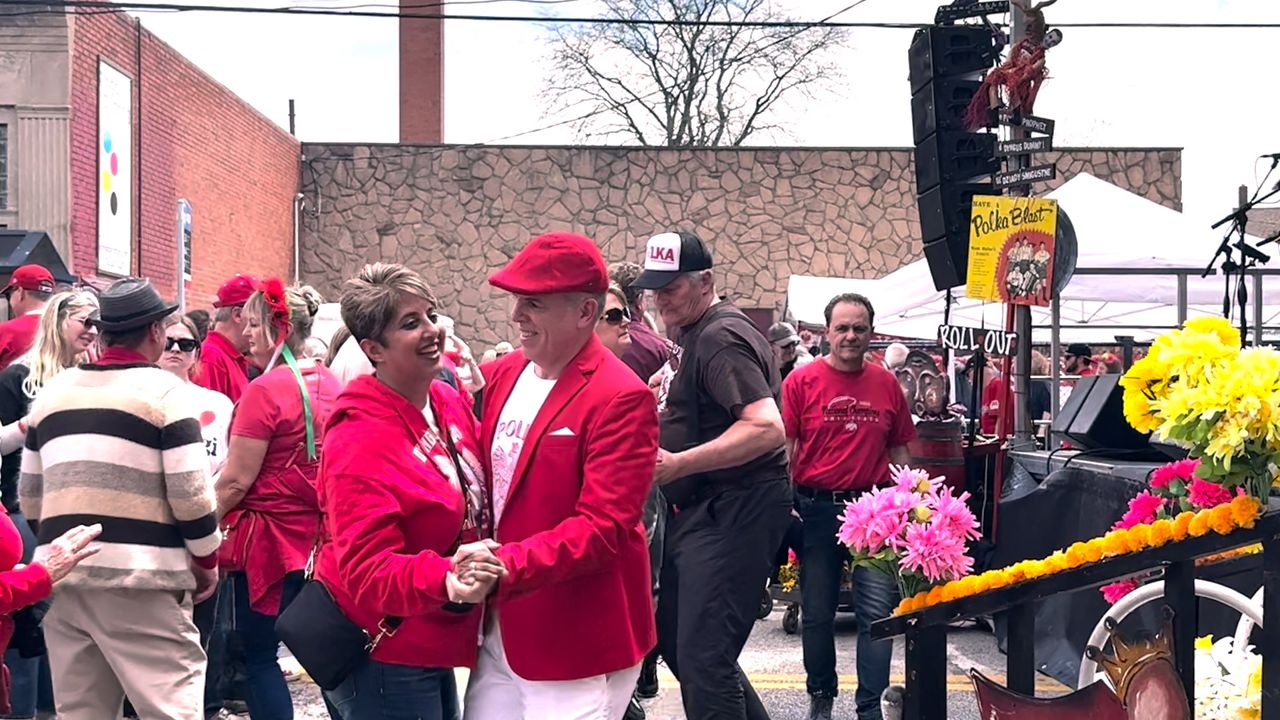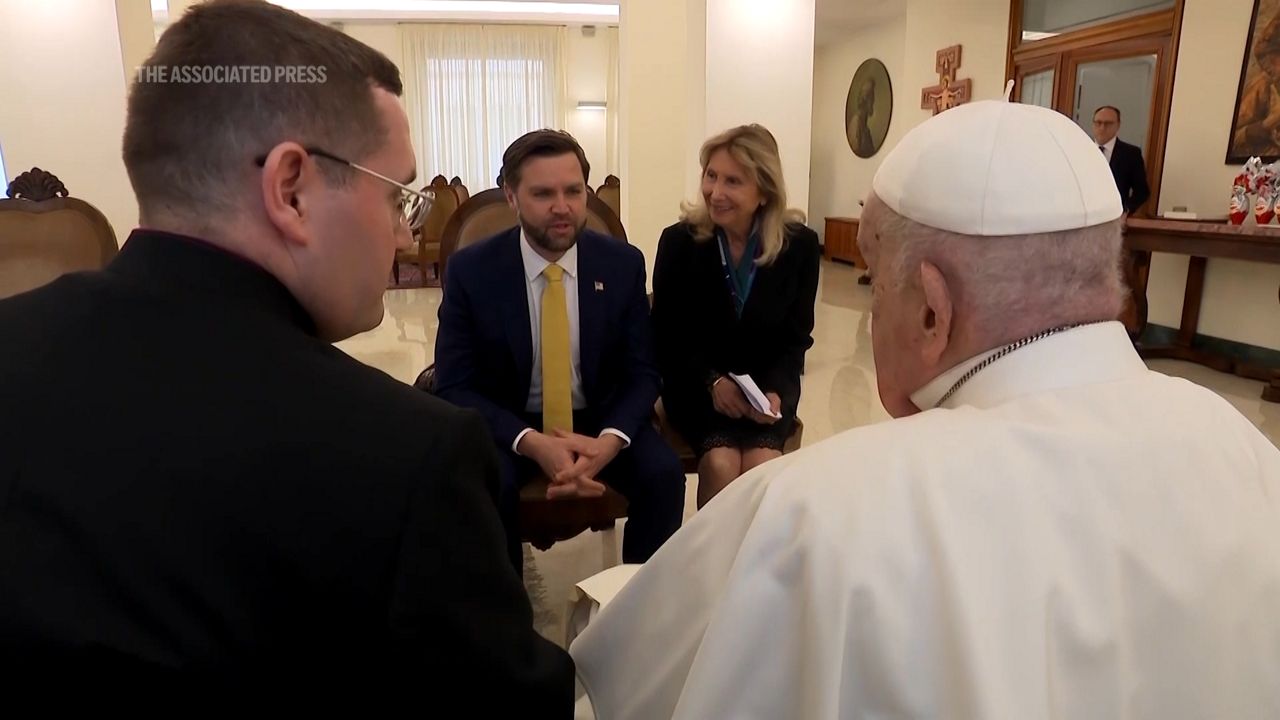CLEVELAND — Everyone eats food, but how food is disposed of varies by person. In Lakewood, married couple Robert Shores and Kim Perdue have always had a passion for helping the environment, and instead of throwing their food scraps in the trash can, they dispose of their food in a composter.
What You Need To Know
- More than 40 million tons of food goes to landfills each year in the U.S.
- That’s 30-40% of the food supply wasted
- Food waste in landfills rots and emits methane, a potent, heat-trapping greenhouse gas that is large contributor to climate change
- The methane developed in landfills is due to a lack of oxygen
- Composting uses oxygen to decompose matter, producing mainly carbon dioxide (CO2), much less potent than methane
“The bottom line is we just want less waste going into the garbage,” said Shores.
When food goes into the garbage it ends up in a landfill, rots and produces methane, a potent greenhouse gas that’s bad for the environment and a large contributor to climate change.
Shores and Perdue try to do anything they can to lessen their negative impact on the environment. They have solar panels on their roof, rain barrels in their backyard, minimize the amount of plastic items they buy, recycle and for more than 10 years they’ve been composting.
When food gets composted, it eventually breaks down and turns into an important ingredient in healthy soil. Shores and Perdue use it for their organic garden, a prime example of how composting can close the food system loop.
For those who don’t have a garden or much of a backyard, composting facilities like Rust Belt Riders in Cleveland can put their food scraps to good use. Zoe Apisdorf leads Rust Belt Riders' residential services where they offer various home composting options.
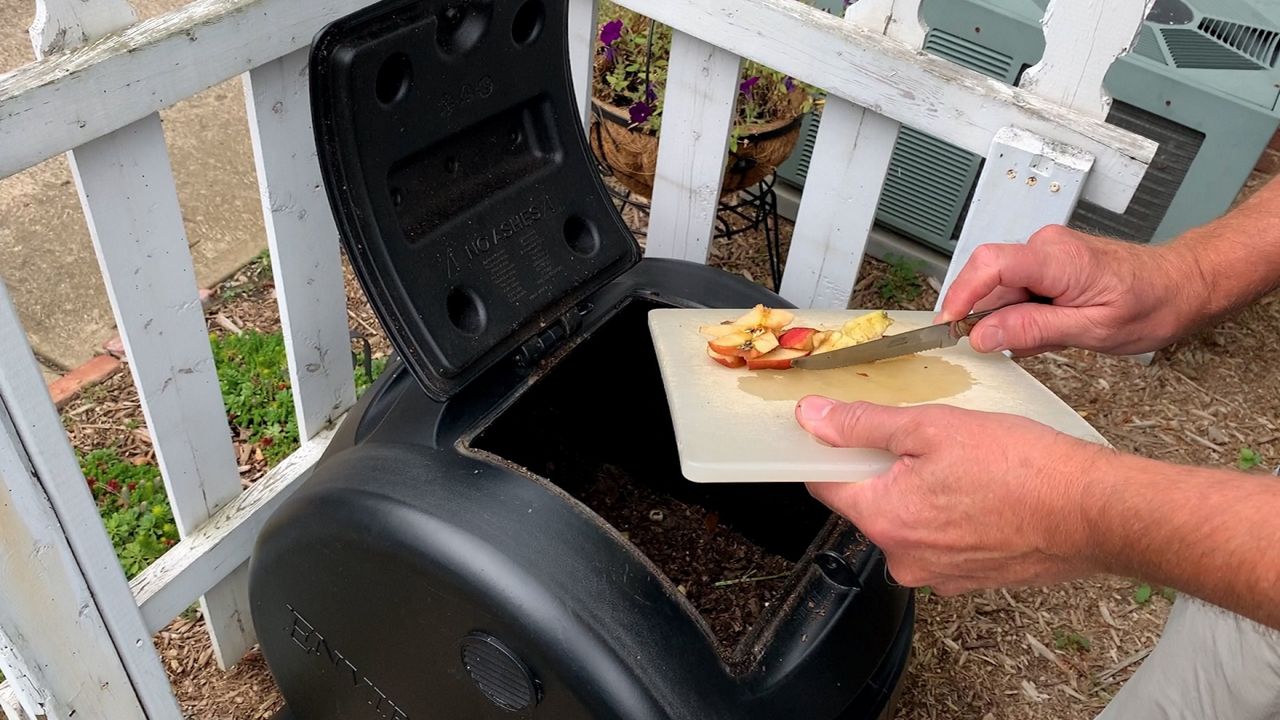
They offer pick-up services where residents receive a five-gallon bucket to fill up with food scraps and Rust Belt Riders will come pick up the dirty bucket and give residents a clean one. They also offer drop-off services where residents can put food scraps in any composter of their choice and drop-off the food scraps at designated drop-off locations in Cuyahoga County.
As of 2021, Rust Belt Riders has 450 weekly pickup members and about 1,500 people participating in drop-off services. It’s not just Rust Belt Riders either, as there are composting facilities with similar programs across Ohio.
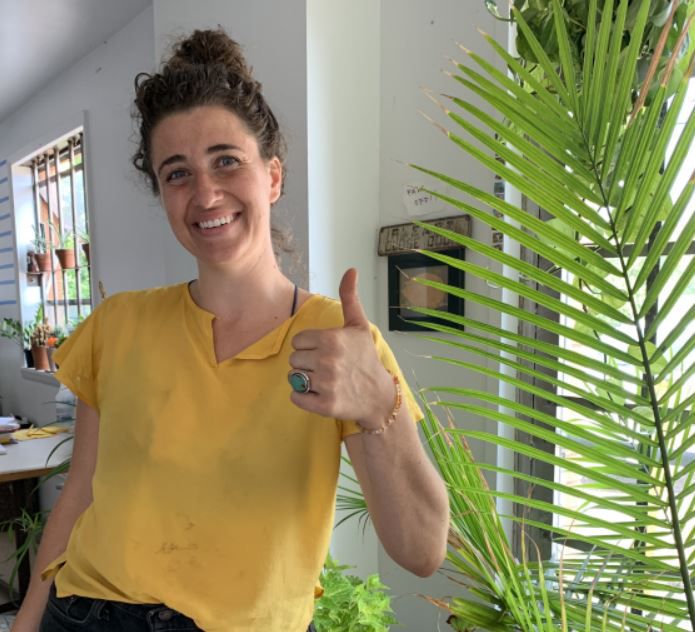
“There are other businesses like ours who provide composting services to commercial clients, businesses, restaurants, universities, as well as to homeowners or people who live in apartments, households and residential composting services,” said Apisdorf.
A benefit of going through a composting facility is that they are able to take on items that residents aren’t able to compost at home.
“We're able to take those non-vegetarian items like bones, meat, dairy, even compostable serviceware, things like a takeout container or the bottom of a Chipotle burrito box,” said Apisdorf.
Regardless of where a person composts or who they compost with, Apisdorf said to end food waste, change needs to start at home.
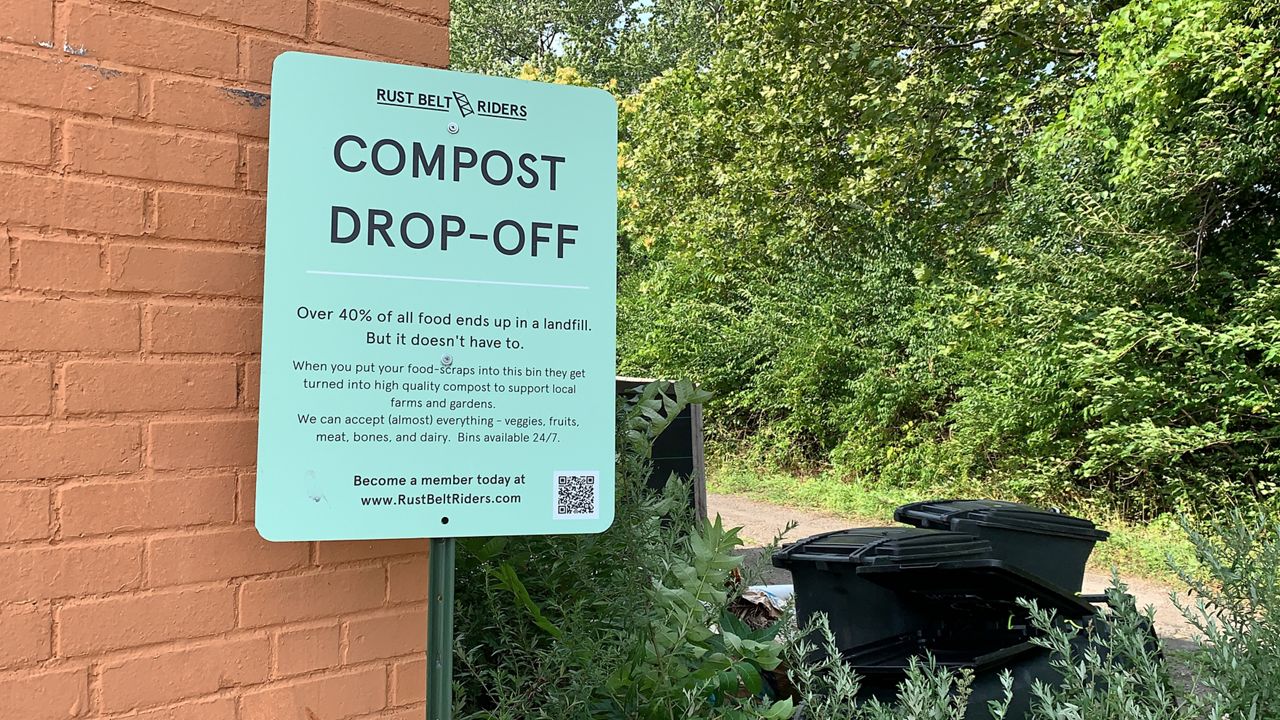
“[It’s] totally the same thing as putting in the trash, just a different vessel, right? So you would have your trash and your recycling and your food scraps bin,” said Apisdorf. “It's natural, it happens we’re people. We make waste, but what we choose to do with that waste is where we can interject our values into the way that we live our life.”
SO WHAT EXACTLY IS COMPOSTING?
Simply put, compost is the end result of when organic material, like food scraps, leaves and animal products, decomposes properly. It's a nutrient rich, dirt-like material that can be used to enrich soil and promote growth.
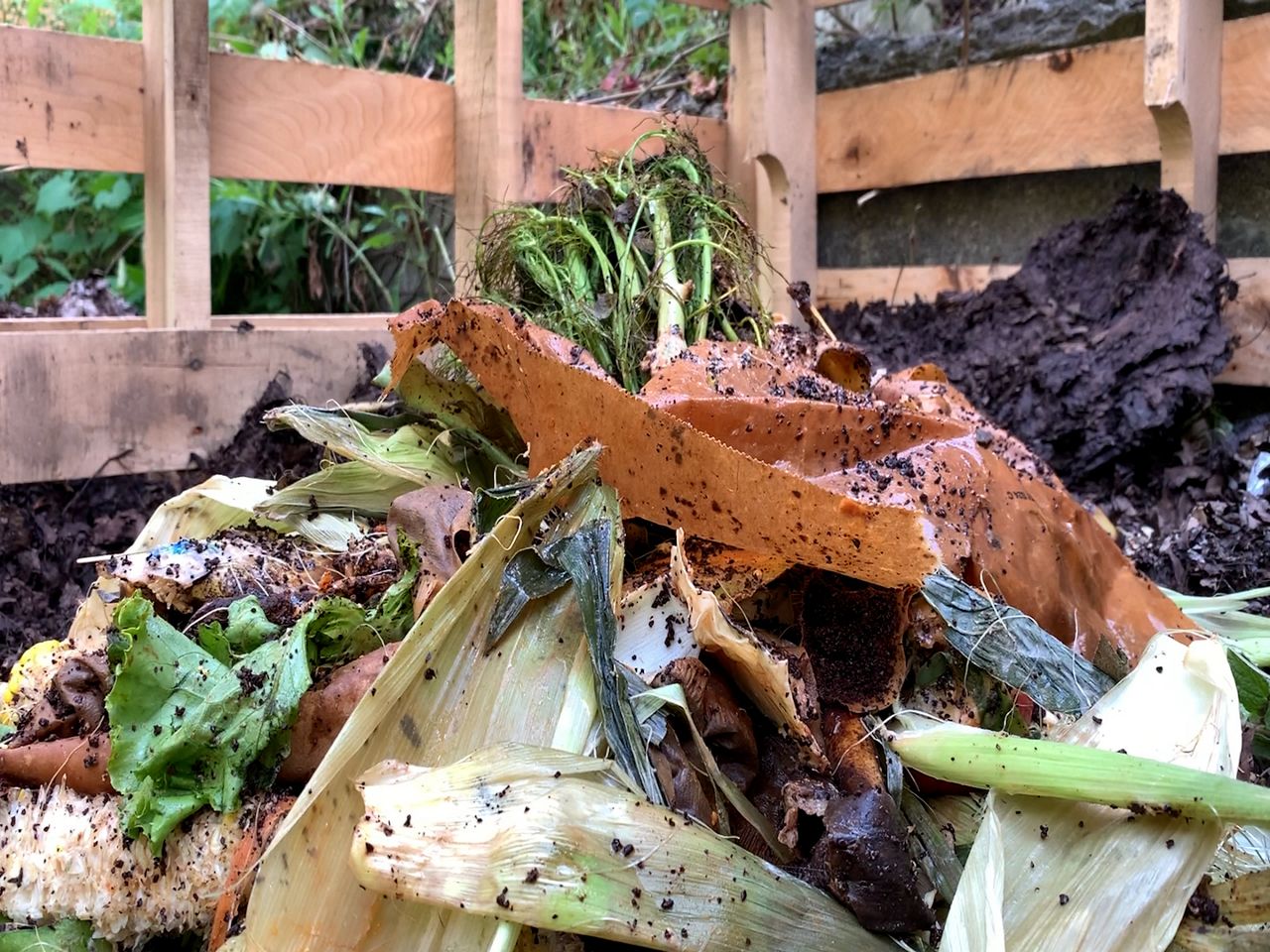
“What you're doing by composting is feeding an ecosystem of microorganisms," said Apisdorf. "So just like you would want to feed yourself a healthy, balanced diet, you want to feed those microorganisms a healthy balanced diet as well. So you're going to give them a variety of options to choose from. Thus, not all napkins and not all just coffee grounds.”
Apisdorf said a healthy compost pile consists of five elements: water, air, heat, nitrogen and carbon.
“The heat comes from the sun, the nitrogen comes from your food scraps and the carbon comes from dry leaves, wood chips or sawdust, things like that,” said Apisdorf. “You always want to put a two to one ratio. So you're going to put in two brown or carbon things like wood chips and leaves to one nitrogen or green things like food scraps or even grass clippings.”
WHY IS COMPOSTING IMPORTANT?
Rust Belt Riders works to normalize composting so less people think it’s gross and dirty and more people can help combat climate change.
“Rust Belt Riders' services does take waste out of the landfill to prevent methane from being emitted, but that's not where we want it to stop, we want to take that waste, repurpose it, make it into soil so that we can get that soil back in the hands of farmers and gardeners, and they can grow more food to feed more people,” said Apisdorf. “It's important that we can try to work to normalize composting amongst residents so that when it comes time to help change and advocate for composting policy, or food waste reduction policy, that there's enough of a base of constituents that know why food waste is a problem to really help make some large scale change.”
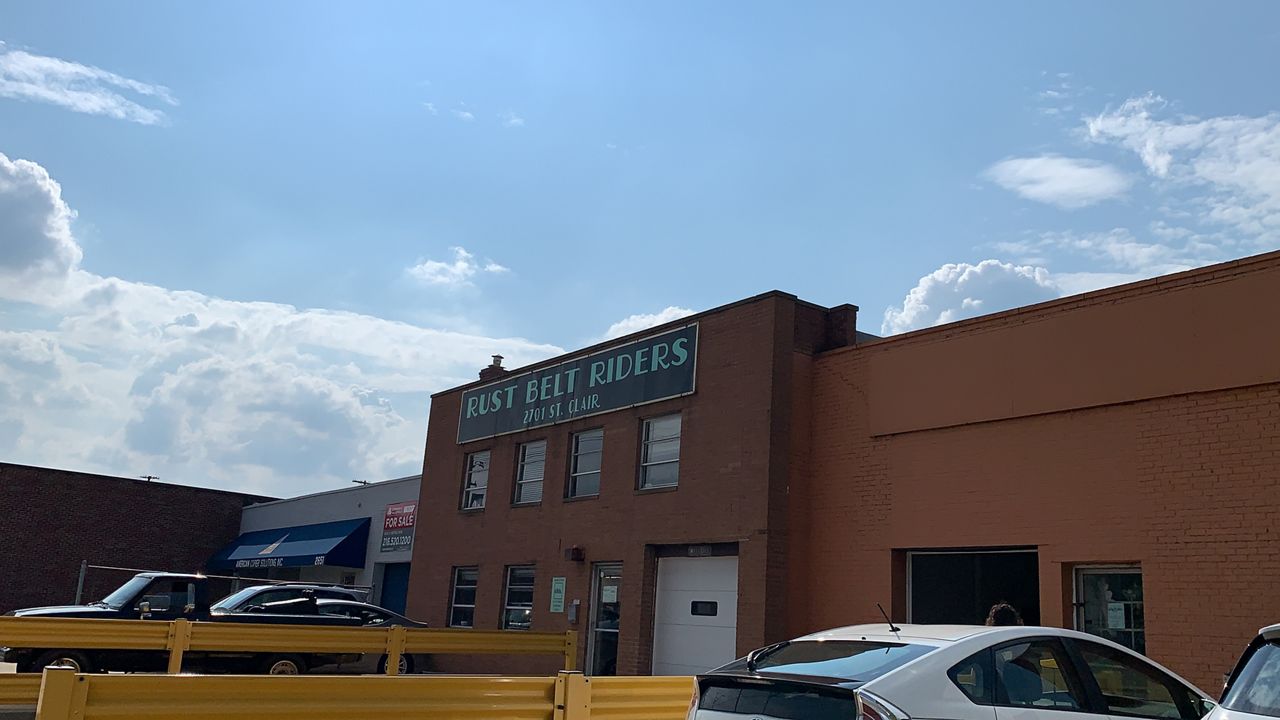
Apisdorf said there really could be large-scale change if more people hoped on board the composting train. According to the U.S. Composting Council, if everyone in the U.S. composted all of their food waste, the impact would be equivalent to removing 7.8 million cars from the road.
“It’s pretty straightforward, pour on the food scraps, mix it up a little bit to get some air in there and then cover it with your carbon source dried leaves or wood chips,” said Apisdorf.
No matter how someone composts, Apisdorf said it’s one of the easiest solutions to lessen the negative impact we have on the environment, and Shores and Perdue agree. They only have to take their trash bin out to the street once per month as they only produce one small grocery bag of trash per week.
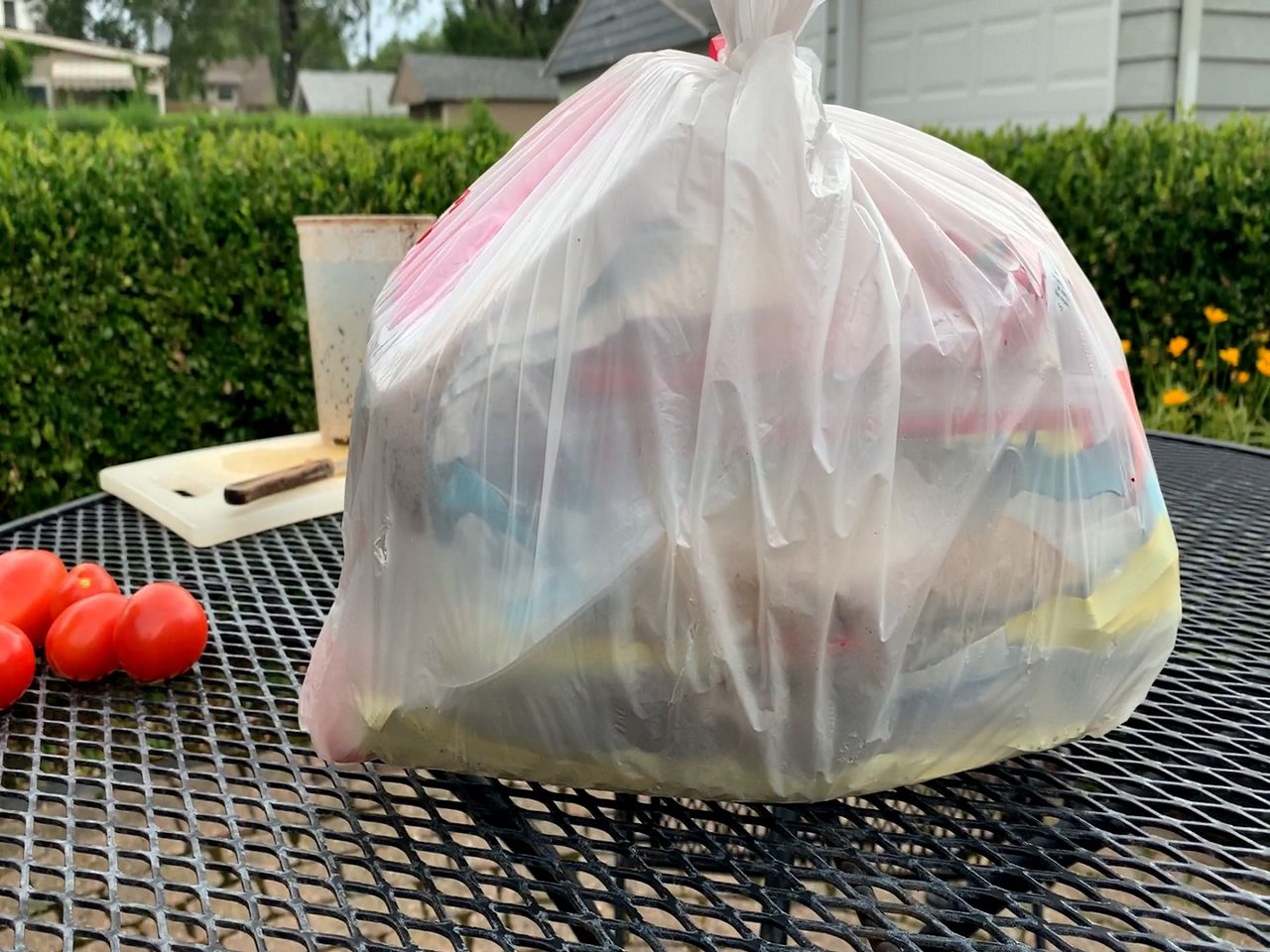
“I think that most people once they find out how simple it is, they'll be like, why did I not do this before?,” said Shores. “We can all do something no matter how small, it's not insignificant. It's just like voting, one vote doesn't seem like much, but when you add them all up, it can change the course of a country. Same thing with composting and other measures we take like recycling and minimizing the amount of plastic that we purchase. It just has an effect globally.”
Rust Belt Riders members said they are happy to answer any questions about composting. The Cuyahoga County Solid Waste District also offers how-to-compost seminars in the spring and fall throughout Cuyahoga County. For more information on Rust Belt Riders you can visit their website. For more information on the composting seminars visit here.








